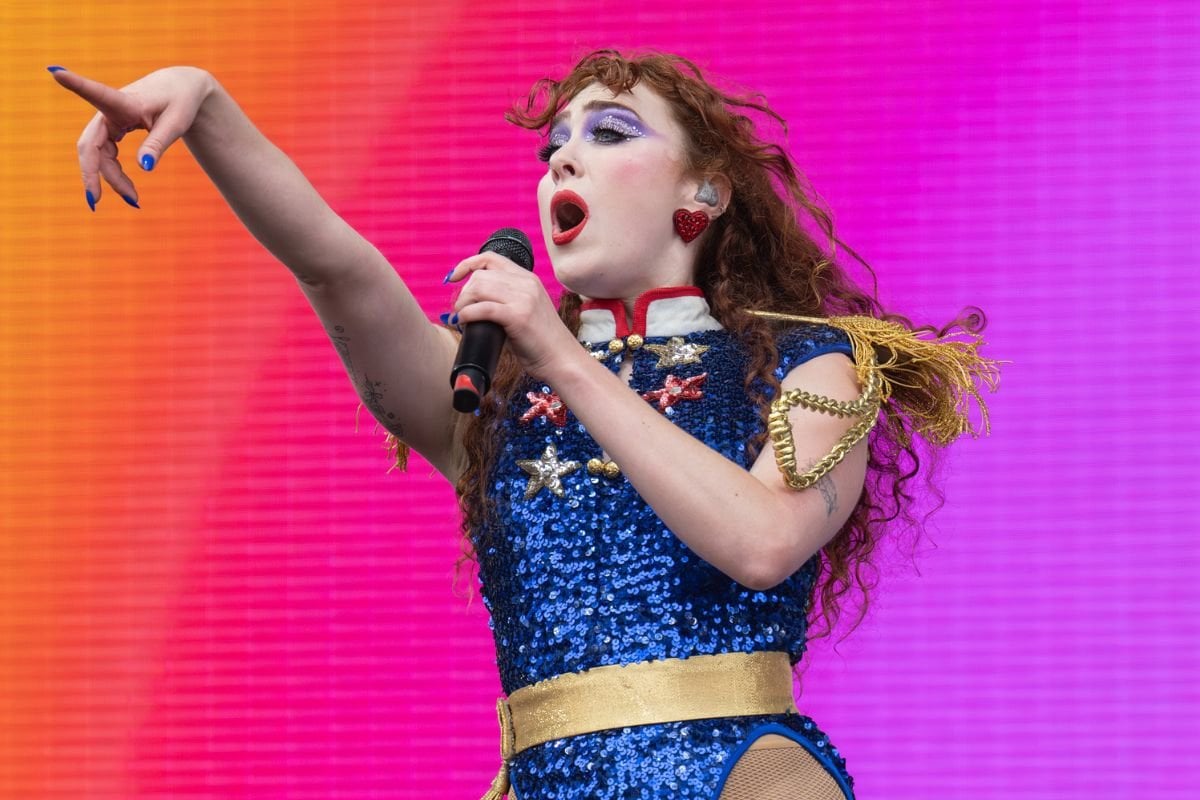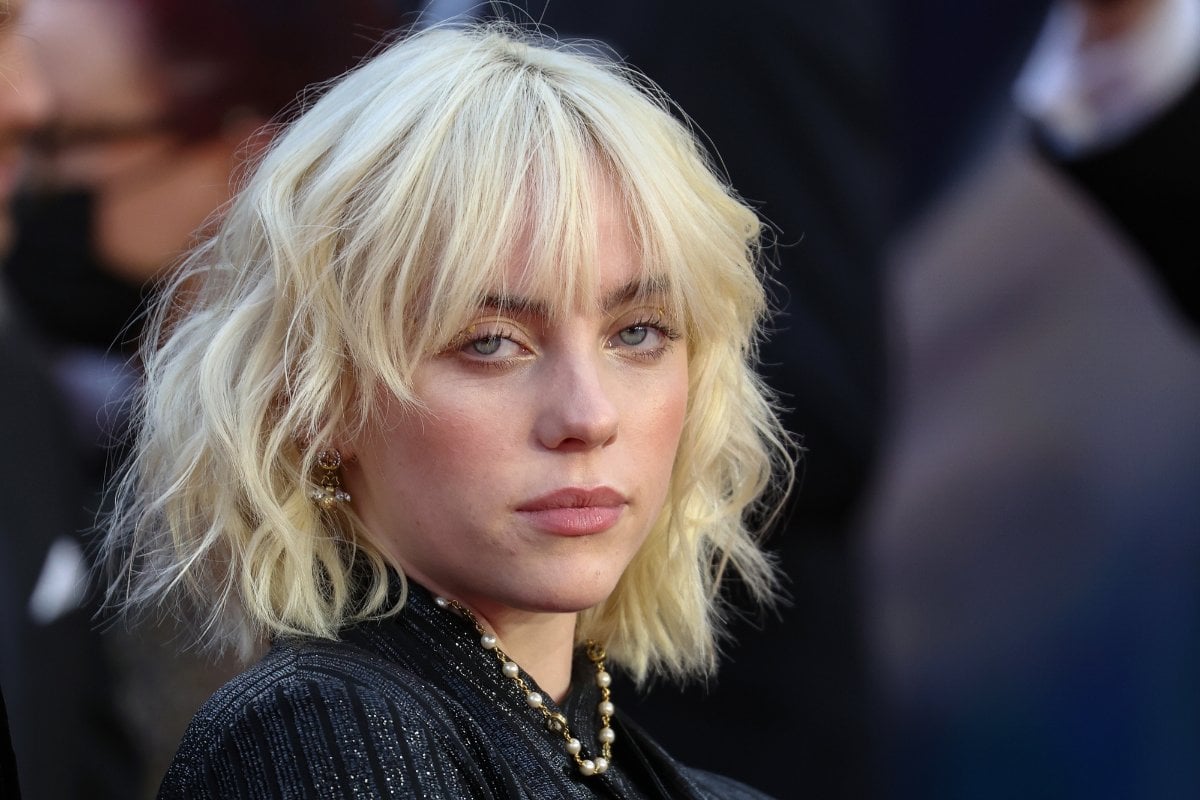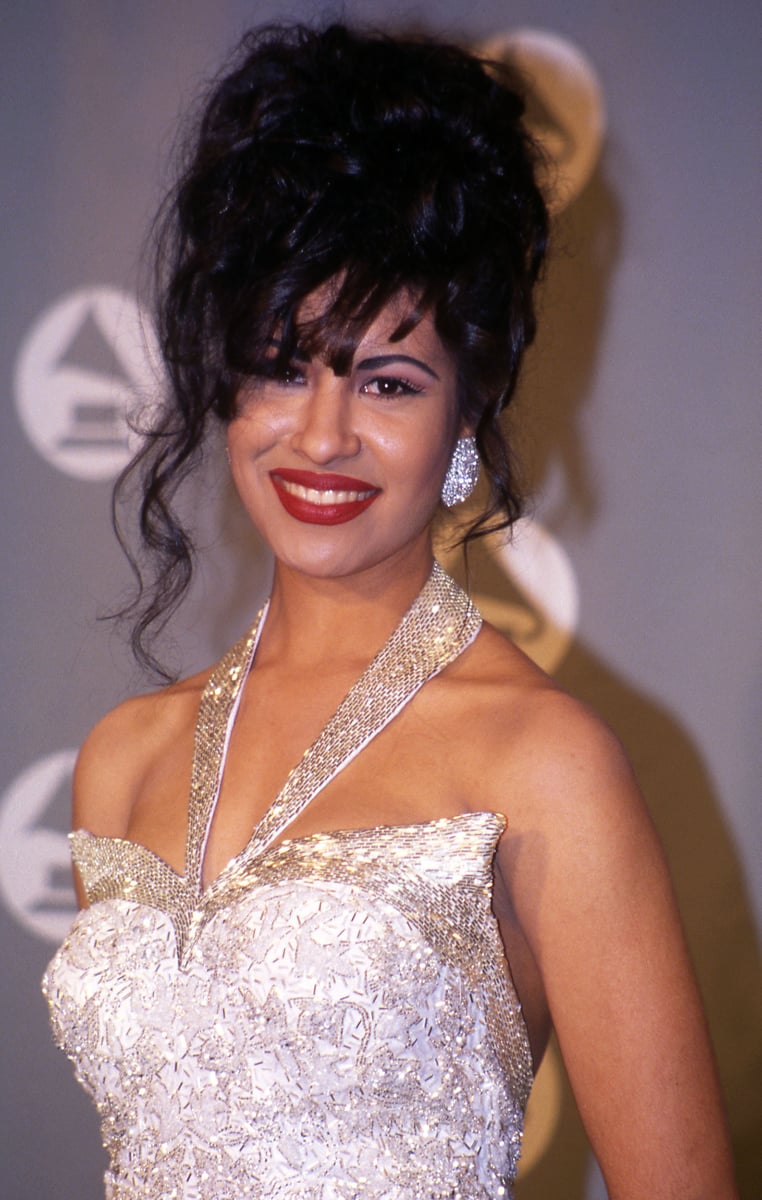
Remember when loving a musician meant buying their album and maybe hanging a poster on your wall?
Those days are long gone. Now, thanks to social media, fans can feel like they're best friends with their favourite stars. But is this closeness always a good thing?
Rising pop star Chappell Roan doesn't think so. On August 24, she posted a lengthy statement to Instagram that got people talking. And it wasn't about new music or a tour.
She wrote: "I want to be an artist for a very long time. I've been in too many nonconsensual physical and social interactions, and I just need to lay it out and remind you, women don't owe you s**t."
Roan's reaction is hardly surprising given her meteoric rise to fame. After opening for Olivia Rodrigo on the Guts World Tour and releasing her debut album, The Rise and Fall of a Midwest Princess, the 'Good Luck Babe!' singer was catapulted into the spotlight.
The intensity of her newfound attention has been overwhelming, she shared during a recent tour stop: "My career is just kind of going really fast, and it's really hard to keep up. I'm just being honest… I'm having a hard time today."
But the price of fame hasn't just impacted Roan's privacy. She revealed on a podcast that some fans have "started to be freaks — like, [they] follow me and know where my parents live, and where my sister works. All this weird s**t." As a result, she added, she was planning to "pump the brakes" on life in the spotlight.


